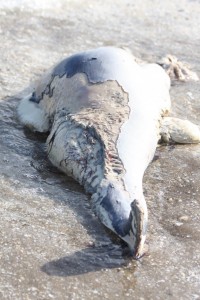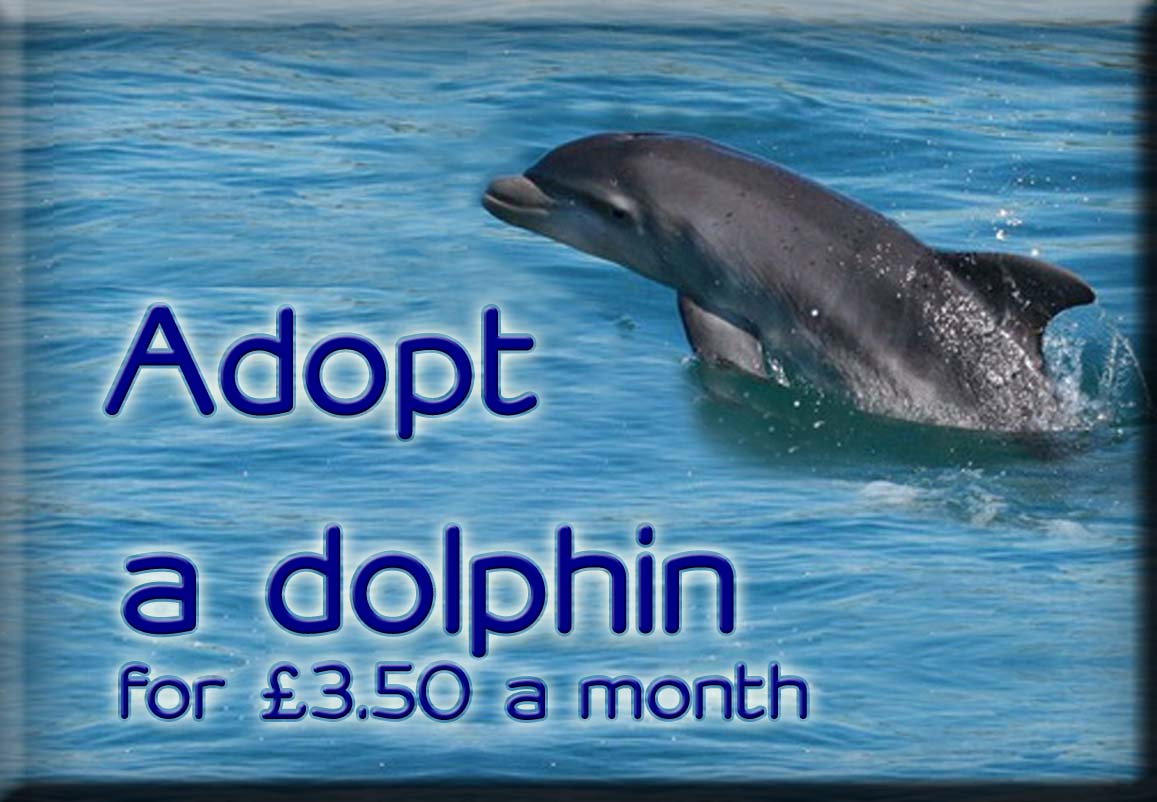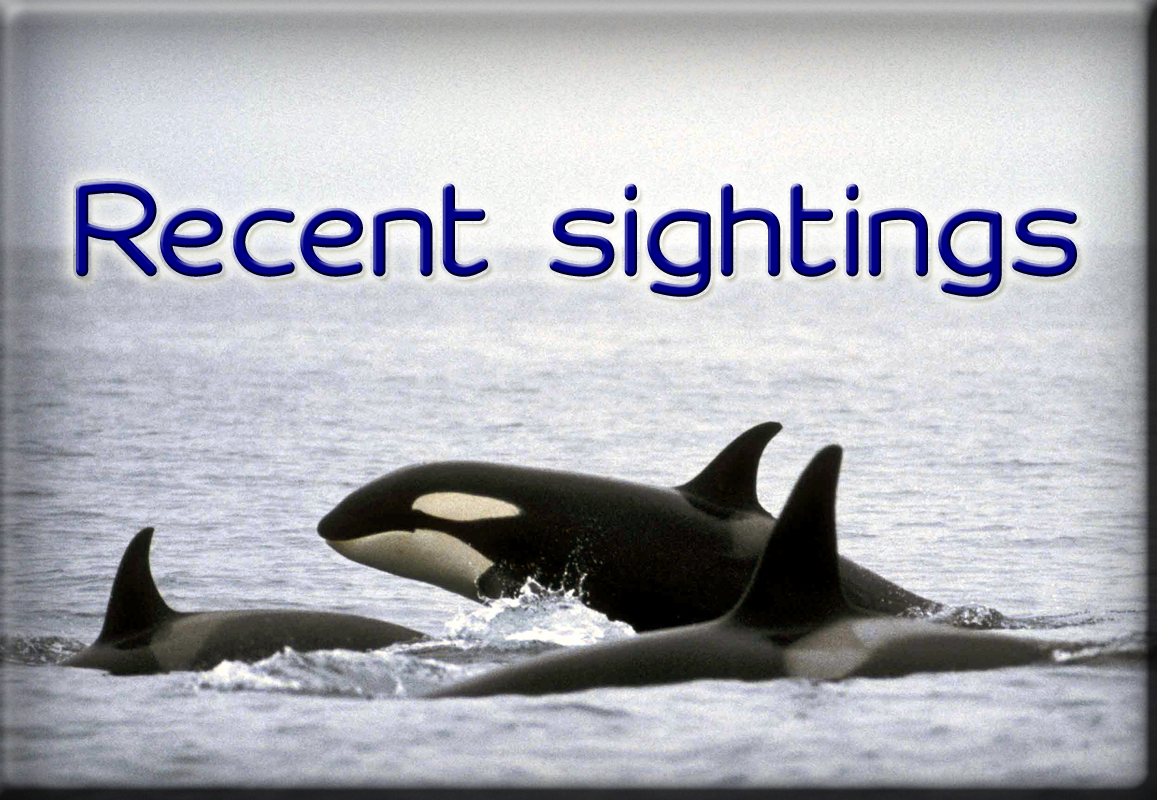I was recently lucky enough to see a Harbour porpoise up close. Unfortunately, this was a long dead, heavily decomposed corpse… but a porpoise nonetheless.
The UK Cetacean Strandings Investigation Programme (CSIP) investigate all reported cases of stranded cetaceans. An individual can then be sampled to determine a cause of death, as well as identifying any disease or health degradation prior to the stranding. The recent porpoise washed up on Dolau Beach, New Quay was too decomposed for post-mortem examination. The lack of certainty in knowing the animals cause of death made me curious. What threats do Harbour porpoises face in the UK?
Figure 1: The decomposed harbour porpoise that was stranded on Dolau Beach, 13th September 2019. Photo Credit: Chiara Bertulli.

The decomposed harbour porpoise that was stranded on Dolau Beach, 13th September 2019. Photo Credit: Chiara Bertulli.
The biggest threats to harbour porpoise are anthropogenic and their small size makes them prone to being caught up in nets as bycatch. Commercial fishing poses a multitude of threats, including prey depletion, chemical pollution as well as acoustic disturbance from engine noise.
The potential predators of Harbour porpoise include large sharks, killer whales and dolphins. In the Cardigan Bay Special Area of Conservation their biggest risks include aggressive interactions with bottlenose dolphins and grey seals. The driving factor leading bottlenose dolphins to kill harbour porpoise is unknown, theories include misdirected infanticide, and aggression due to competition over a shared food resource. More recent studies have exposed the grey seal as a major predator. With many stranded harbour porpoises exhibiting bite marks and scratches consistent with seal morphology, as well as testing positive for grey seal DNA.
Whilst I will never know for certain what led to the demise of the recent porpoise, I am now more aware of their predation risk and the impact of human activity upon them. It would be devastating to see a population decline in the UK’s most common cetacean. But it highlights the importance of protection and the enforcement of Special Areas of Conservation.
If you ever come across a stranded animal, please report it by calling the CSIP on 0800 652 0333.
Nicholas Izard
Research Intern, 2018
























